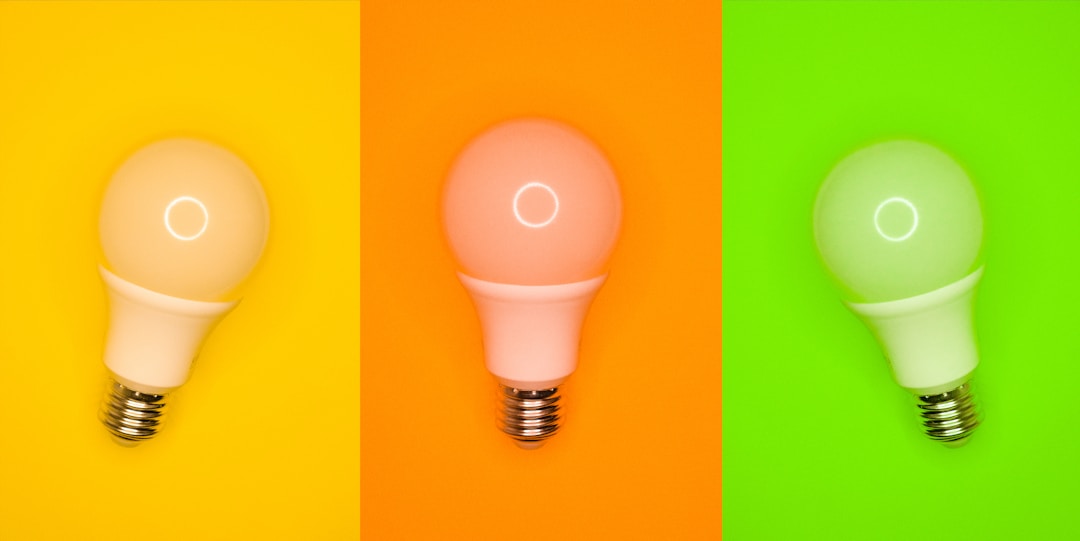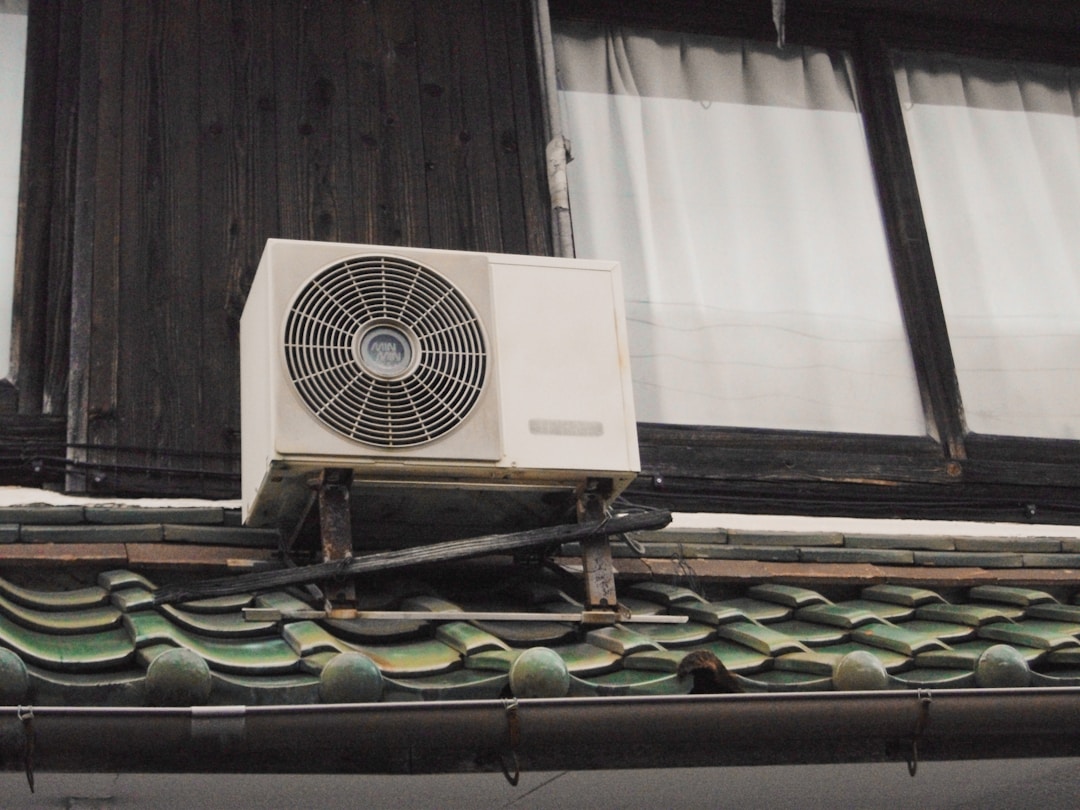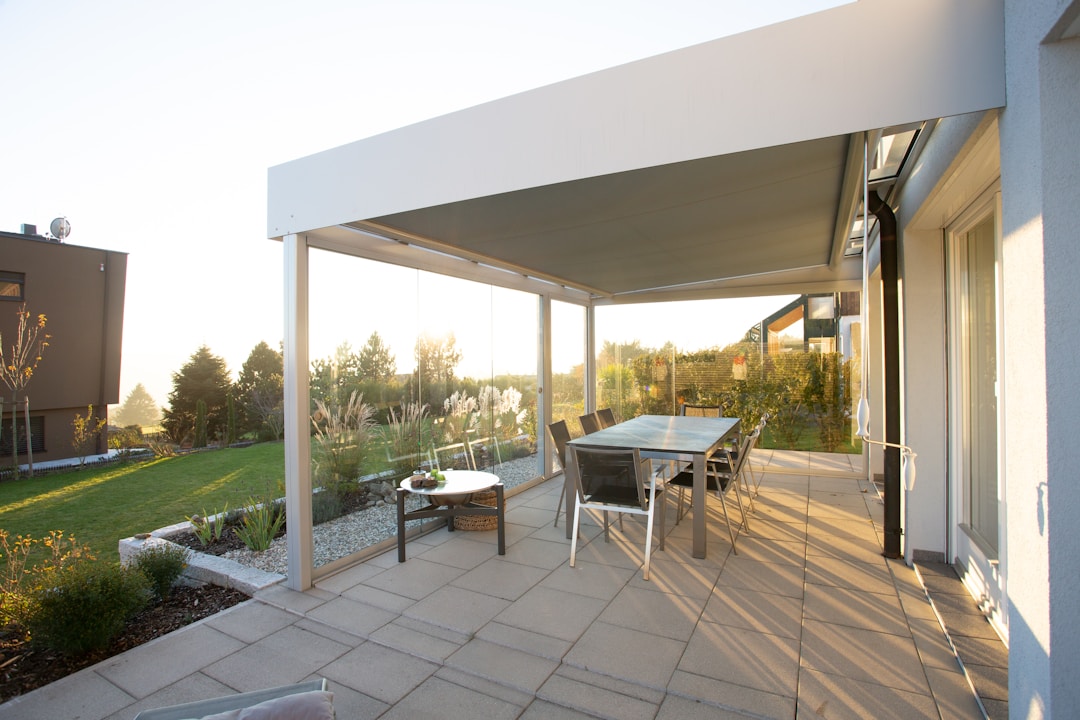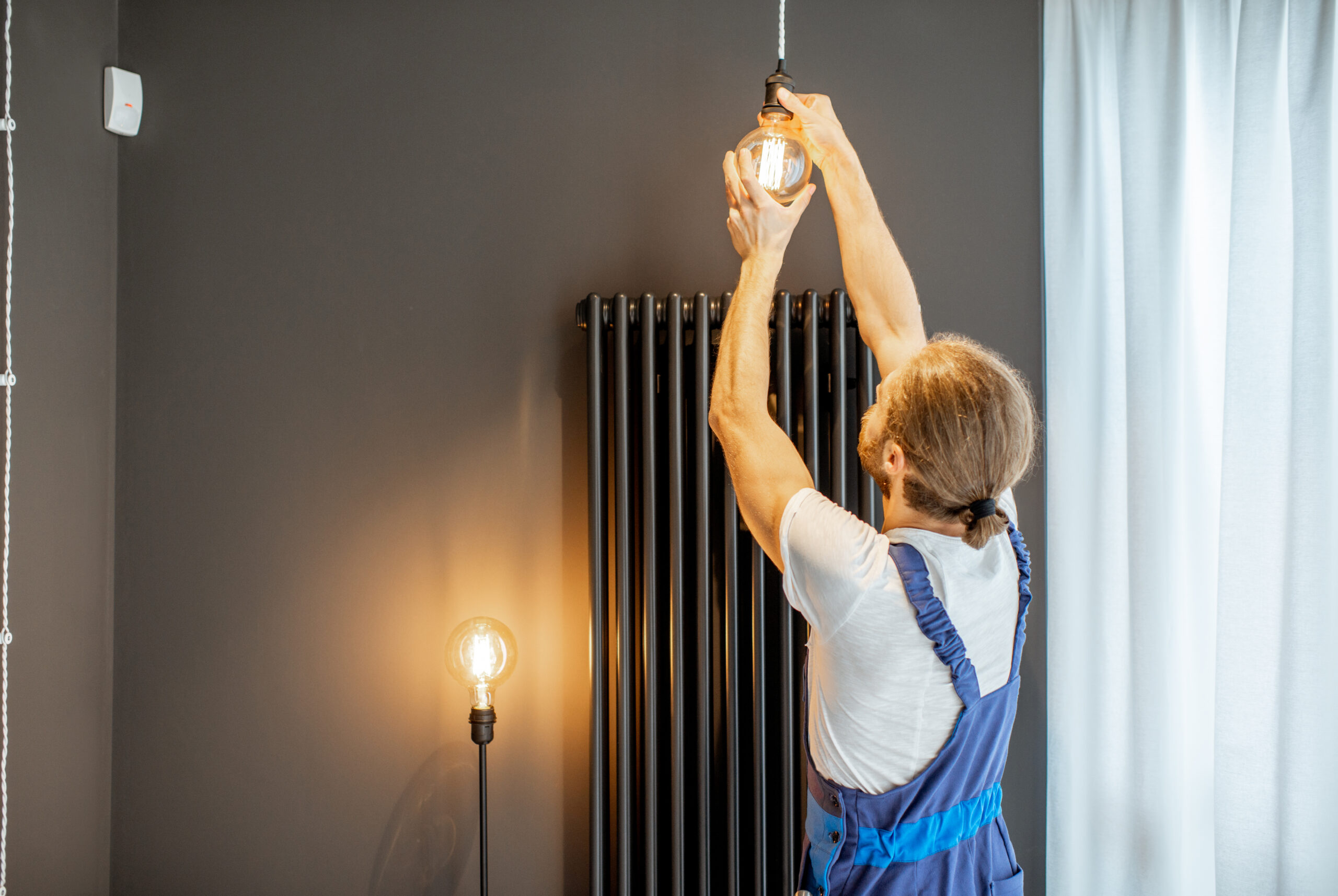Home energy efficiency can be a daunting topic for many people. There’s a common misconception that it requires a tremendous amount of time, money, and effort. However, this couldn’t be further from the truth. By taking simple, inexpensive steps and making a few adjustments around the house, you can make your home more energy-efficient, save money on your bills, and contribute to a healthier and more sustainable environment. In addition to financial advantages, energy efficiency can improve your overall comfort at home, enhance your property’s value, and reduce your carbon footprint. In this comprehensive guide, we’re going to explore how you can improve your home’s energy efficiency in a variety of ways.
Reducing Your Home’s Energy Consumption

If you want to target home energy efficiency, you need to adapt methods to reduce your home’s energy consumption. Switching to energy-efficient appliances is an excellent way to drastically reduce your energy use. These appliances are designed to utilize less energy without sacrificing performance or convenience. Look for products with the Energy Star label, which designates energy-efficient models. However, remember that the initial purchase cost may be higher, but the long-term savings in energy use can more than offset the additional upfront cost.
Another useful way to reduce energy consumption is by making your home more thermally efficient. Installation of patio solar shades is an excellent example of how to achieve this. Not only do patio solar shades reduce heat gain and lower energy consumption, but they also offer privacy and protection from harmful UV rays. With their ability to block out sunlight and keep your home cool, patio solar shades are a worthwhile investment for any homeowner looking to create a more sustainable and comfortable living environment.
Shifting towards renewable energy sources can drastically cut down your home’s energy usage. Solar panels are a popular renewable energy choice for homeowners due to their increasing affordability and efficiency. They can greatly reduce, if not eliminate, your dependence on the grid, hence reducing your energy costs.
Importance of Home Energy Efficiency
Awareness and understanding of the importance of home energy efficiency have been steadily increasing over the years. While the environmental benefits are often the first to come to mind when people think of energy efficiency, there are also economic benefits to consider. Energy-efficient homes consume less power and cut down costs on utility bills. This can amount to substantial savings over the life of your home, which can be invested elsewhere.
Adding to this, energy-efficient homes can contribute to reducing harmful emissions and thus helps save the environment. High energy consumption directly contributes to global warming and climate change. By making your home energy efficient, you’re saving money and doing your part in taking care of our planet. Efficiency also reduces excessive energy consumption while maintaining a comfortable indoor climate, regardless of the season. This is achieved by implementing various energy efficiency measures that we are going to discuss in subsequent sections.
Understanding Your Home’s Energy Use

To improve your home’s energy efficiency, it’s important to first understand your home’s energy usage. An energy audit can provide valuable insights into your home’s energy consumption habits and identify areas where improvements can be made. Hiring a professional for an energy audit can provide you with a comprehensive understanding of your energy consumption patterns and suggest potential energy-saving solutions.
Auditors usually conduct a thorough inspection of your home, examining every nook and cranny for energy leaks, inefficient appliances, and other problems that might be increasing your energy consumption. They use specialized equipment such as blower doors and infrared cameras to detect issues that may not be visible to the naked eye. With a clear understanding of your home’s energy use, you can take targeted steps to improve your efficiency. The recommended solutions may range from small changes to larger projects like adding insulation.
Benefitting from Efficient Lighting and Electronics
Lighting and electronics are some of the largest consumers of energy in our homes. Upgrading to energy-efficient lighting is a simple, cost-effective measure to reduce your home’s energy use. LEDs, or Light Emitting Diodes, are currently the most energy-efficient and long-lasting lighting option available on the market. They use less electricity and last longer than traditional incandescent bulbs.
Smart electronics also play a part in an energy-efficient home. Smart plugs, smart thermostats, and smart lights can help you monitor and control your home’s energy usage. These devices can be controlled remotely through mobile apps, allowing you to track your energy consumption in real-time and make adjustments as needed. Turn off your electronics when they are not in use. Even when in standby mode, devices continue to draw power. This is known as ‘phantom’ or ‘vampire’ power and can account for up to 20 percent of your electricity bill.
Making the Most of Heating and Cooling Systems

Heating and cooling systems make up a chunk of your home’s energy usage. Maximizing their efficiency is crucial in making your home more energy-efficient. Regular maintenance of these systems, including cleaning and replacing filters where necessary, can keep them operating at their most efficient and prolong their lifespan. Consider upgrading to energy-efficient models. Although the upfront cost may be higher, the energy savings over the lifespan of the unit can make it a more affordable choice in the long run.
Beyond that, consider using a programmable thermostat. These devices can automatically adjust the temperature based on when you’re home, asleep, or away. By programming the thermostat to reduce heating and cooling when it’s not needed, you can lower your energy usage without sacrificing comfort.
Incorporating Water-Saving Techniques
Water-saving techniques can also contribute to improving home energy efficiency. Installing low-flow fixtures and appliances can limit your home’s water usage. These include low-flow showerheads, faucets, and toilets, as well as energy-efficient dishwashers and washing machines. Another simple way save water is by fixing leaks promptly. Even minor leaks can waste a significant amount of water over time.
By fixing leaks as soon as they are noticed, you can save both water and the energy used to heat that water. Try using energy-efficient methods to heat your water. Tankless water heaters heat only the water that is needed when it’s needed, reducing the energy wasted on keeping a tank of water hot. Solar water heaters, which use the sun’s energy to heat water, are another energy-efficient option to consider.
Gardening and Landscaping for Energy Efficiency

Your garden and landscape can play a major role in your home’s energy efficiency too. Strategically planting trees and shrubs can provide shade in the summer and windbreaks in the winter, reducing your heating and cooling costs. Outdoor lighting can also be a major energy consumer. Consider using solar-powered lights in your garden and landscape. These lights use the sun’s energy to charge during the day and provide light at night, saving electricity.
Finally, a well-maintained irrigation system can help save water, and consequently, the energy used to pump and treat that water. Water-saving techniques such as drip irrigation and scheduling watering for cooler parts of the day can reduce water loss due to evaporation. There are many home products that can assist you when designing your home’s exterior, just be sure to purchase them from a trusted and reputable retailer.
As this article has demonstrated, home energy efficiency is about making smarter, more sustainable choices in our daily habits and in the design and maintenance of our homes. By implementing the strategies discussed in this guide, you will save on your energy bills, and you’ll contribute positively to the environment. It’s clear that energy efficiency benefits everyone – homeowners, the community, and the planet. The steps to achieve an energy-efficient home may seem small, but together, they can have a substantial impact.




